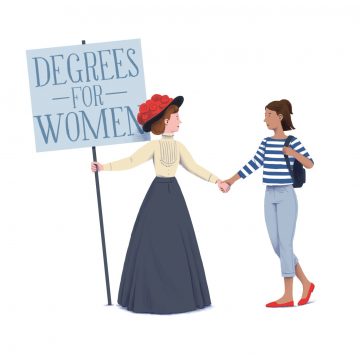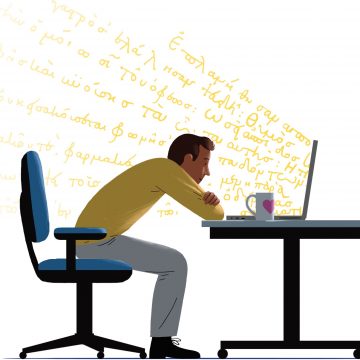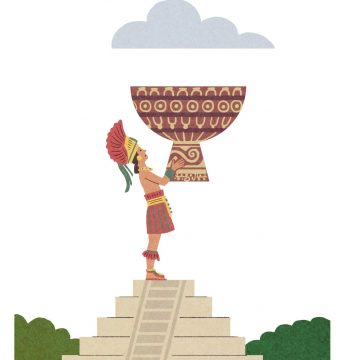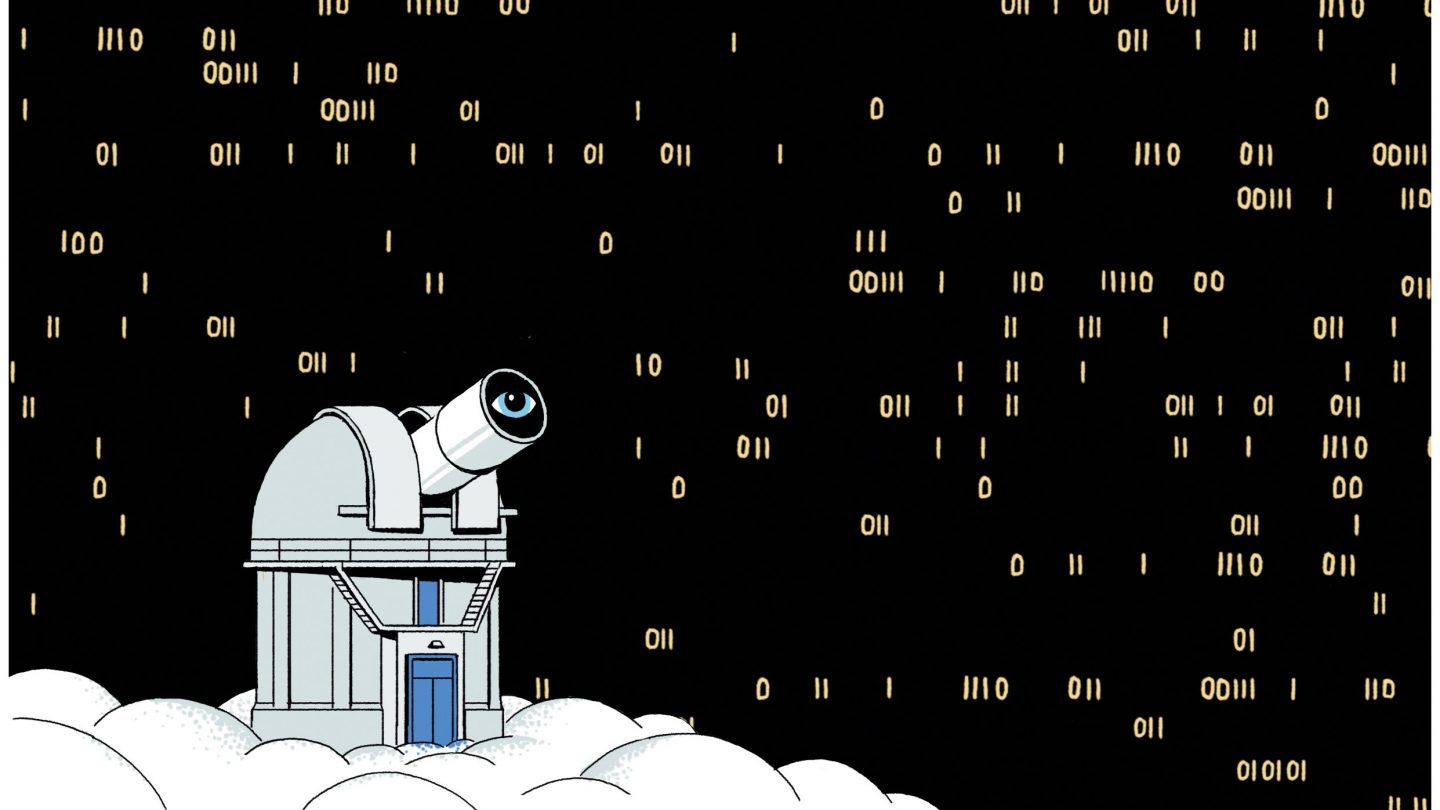
Campendium: Lent Term 2020
Research
New report recommends the creation of a ‘WTO for the internet’
The internet needs an international World Trade Organization (WTO)-style body to protect and grow it as one of the world’s unique shared resources: a communications infrastructure that is open, free, safe and reliable, concludes a new report published by the China-UK Global Issues Dialogue Centre at Jesus.
The global communications system – including the internet, smartphone access, and the Internet of Things – allows near-universal communication and supports almost every aspect of the modern economy. The report argues that just as the capabilities of communications infrastructures are being amplified by artificial intelligence and other technologies, we are becoming more aware of the risks of direct attacks and splintering, and the threat of distrust.
Professor Peter Williamson, Chair of the China-UK Global Issues Dialogue Centre, said: “The world faces a series of complex issues involving data and communications which go beyond national or bilateral deals. They potentially threaten free and open trade, easy and reliable communication, data flows and connectivity.”
The report authors’ argue that the world would benefit from better orchestrating knowledge about communications infrastructures, providing a shared picture of issues, threats and opportunities, based on deep technical expertise. One of their most important recommendations is that the first step in creating a WTO-equivalent for data flows would be to set up a Global Communications Observatory. The Observatory could play an important role in uncovering potential risks of new data and communications technologies, such as loss of privacy or opportunities for data tampering, and proposing solutions.
“We need a global institution comparable to those in climate change, finance, health, development or refugees. At the moment, there is no obvious place for multilateral negotiations over issues such as data privacy or cybersecurity,” added Professor Williamson. “We propose using the Intergovernmental Panel on Climate Change (IPCC) as a model, as that has hugely influenced intergovernmental processes of negotiation and action around climate change.”
Designed to be as high profile and accountable as the IPCC, the Global Communications Observatory would draw on existing processes and use techniques pioneered by the IPCC for large-scale expert participation in analysis and assessments. It would deliver regular reports on key trends and emergent issues, and present accessible visualisations of the state of communications networks. In time, it could gain a formal status and a duty to report into the G20 and G7.
Cuttlefish resist lunch when shrimp is for dinner
Cuttlefish learn rapidly from experience and adapt their eating behaviour accordingly, a new study from the Department of Psychology has shown. When they know that shrimp – their favourite food – will be available in the evening, they eat fewer crabs during the day, revealing surprisingly complex cognitive abilities.

Democracy fails to satisfy majorities in countries across the world
Global dissatisfaction with democracy is higher than at any time since 1995, a report from the new Centre for the Future of Democracy has found.
Researchers found that the number of individuals who say they are dissatisfied has gone up from 47.9 per cent in the mid-1990s to 57.5 per cent today. They used the largest existing dataset on global attitudes to democracy ever created: four million people over 154 countries spanning the globe. Many large democracies – including the UK, Brazil, Australia and Mexico – are now at their highest-ever recorded level for democratic dissatisfaction. In the US, dissatisfaction has increased by a third since the 1990s.
But it’s not all bad news: the study also found that Denmark, Switzerland, Norway and the Netherlands make up an ‘island of contentment’ at Europe’s heart, where satisfaction with democracy is at an all-time high.
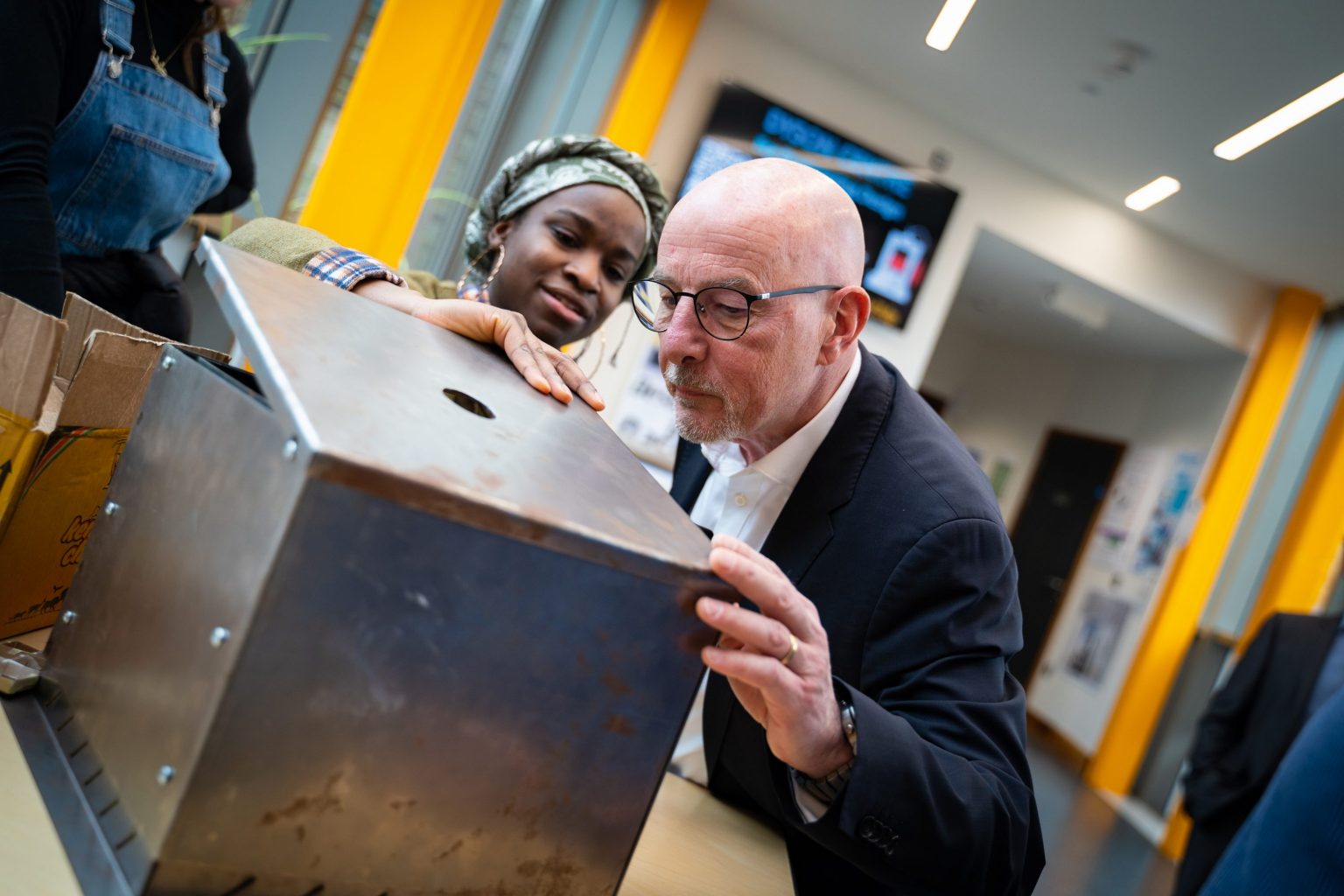
Deconstructed
New Kirk Global Challenge to reward student teams working in development
The launch of the new Kirk Global Challenge follows a £20,000 donation from Cambridge alumni Ewan Kirk and Patricia Turner (both Queens’) through the Turner-Kirk Charitable Trust.
Grants will be awarded to undergraduate teams developing inventive technology- and engineering-driven ideas which could boost economic growth in the developing world.
Ideas should solve a genuine, current need, work on the ground in the developing world at a reasonable cost, and have measurable, large-scale impact.
Applicants will present to an expert judging panel in November 2020. The six successful teams will receive grant funding over a year to develop, test and quantify the impact of their ideas.
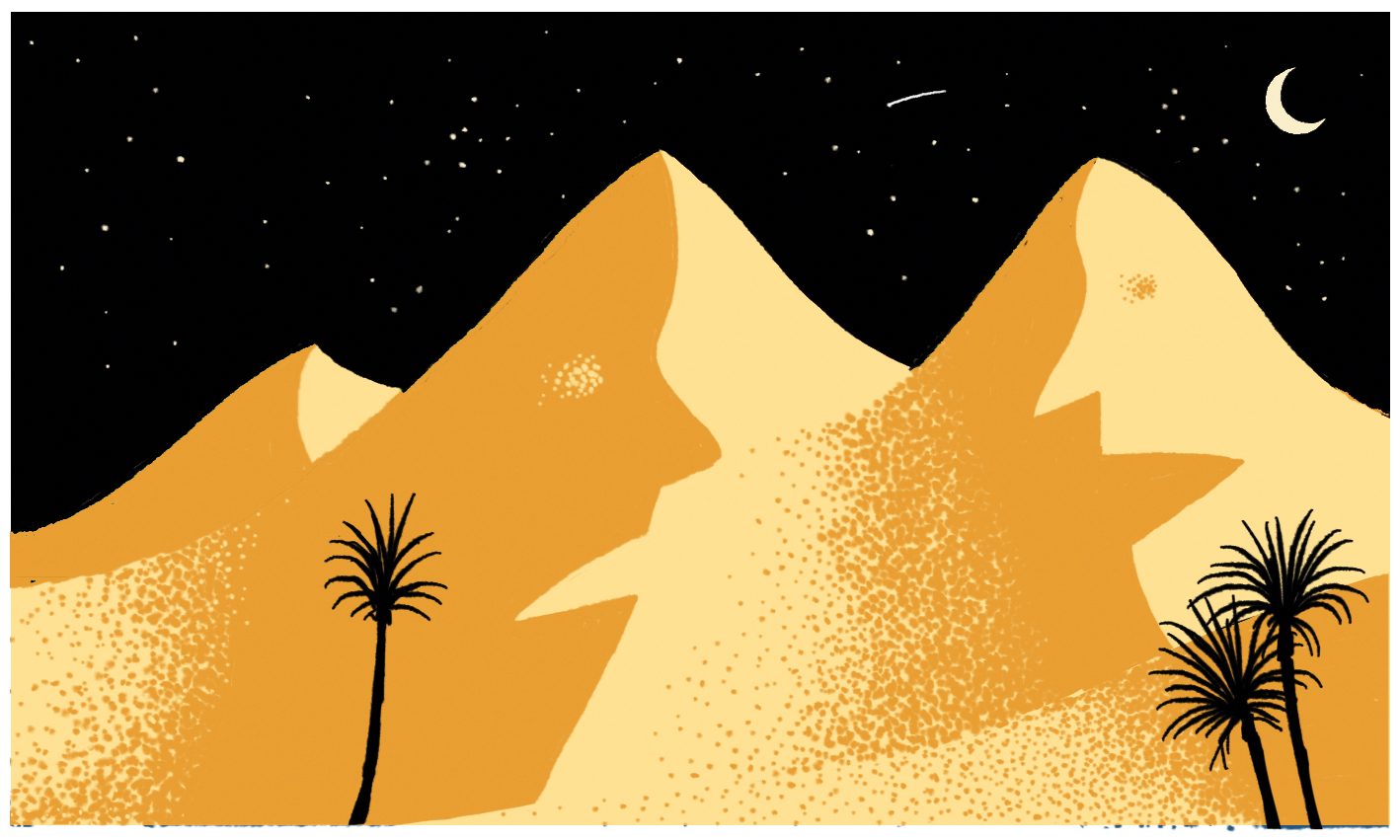
Three-minute Tripos
Sand dunes have feelings, too. discuss.
Here’s a fascinating thought as you settle yourself onto a beach towel and open your still-pristine copy of Proust: sand dunes can communicate with each other.
Do they make themselves into castles and use little novelty flags on top to create a rudimentary semaphore system?
Actually, a study published by a Cambridge team in the journal Physical Review Letters found that, just like your fellow sunbathers, adjacent sand dunes both interact with, and repel, their neighbours.
How do they do that?
They cast disapproving glances when one of them shakes out a towel.
All right, all right: it’s forces. The dunes start out close together, but move further and further apart due to turbulent swirls from the upstream dune, which push the downstream dune away.
Scientists! Sipping pina coladas and looking at sand. Nice work if you can get it.
If only. The team, led by Dr Nathalie Vriend, looked at sand movement by constructing a circular flume. This enabled them to observe the dunes continuously (and for hours on end) as the flume rotated – high-speed cameras allowed them to track the flow of individual particles in the dunes.
Flumes! I knew some element of holiday fun would be involved. And I need to know this before I head off to Benidorm because…?
Because the study of how sand dunes move is key for the study of long-term dune migration. It threatens shipping channels, increases desertification, and can bury infrastructure such as highways. Don’t forget the old saying: it’s the foolish man who builds his house on sand.
In Numbers
UL’s new storage facility takes receipt of its 1,000,000th book
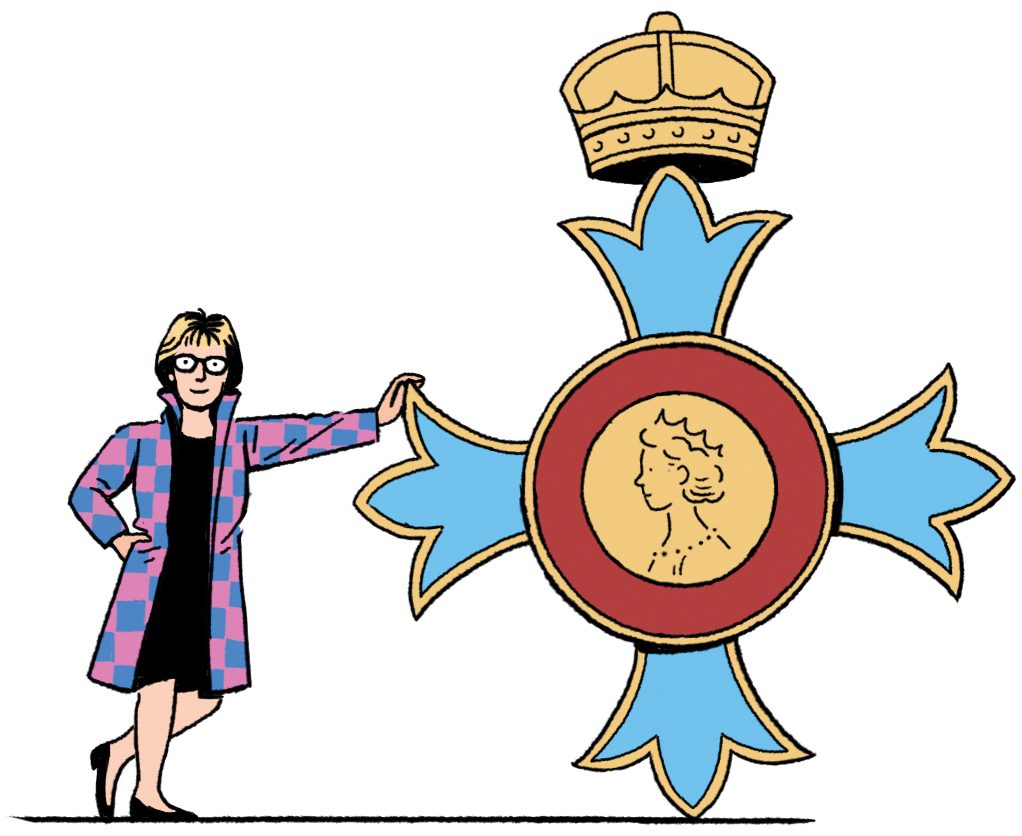
In Brief
Cambridge academics on New Year’s Honours List
Trinity College Master, Dame Sally Davies, was among a number of Cambridge faculty members recognised in the New Year’s Honours List.
She received the honour of Dame Grand Cross of the Order of the Bath (GCB) for services to public health and research.
Formerly Chief Medical Officer for England, Dame Davies led the UK Government’s international campaign on antimicrobial resistance and advised it in health emergencies, including the spread of Ebola and the Zika virus.
Other honorees included Professor Lynn Gladden, Shell Professor of Chemical Engineering, who was made a dame. Distinguished Research Fellow Professor Anthony Cheetham and Clare Hall Fellow Dr Mene Pangalos were both knighted.

